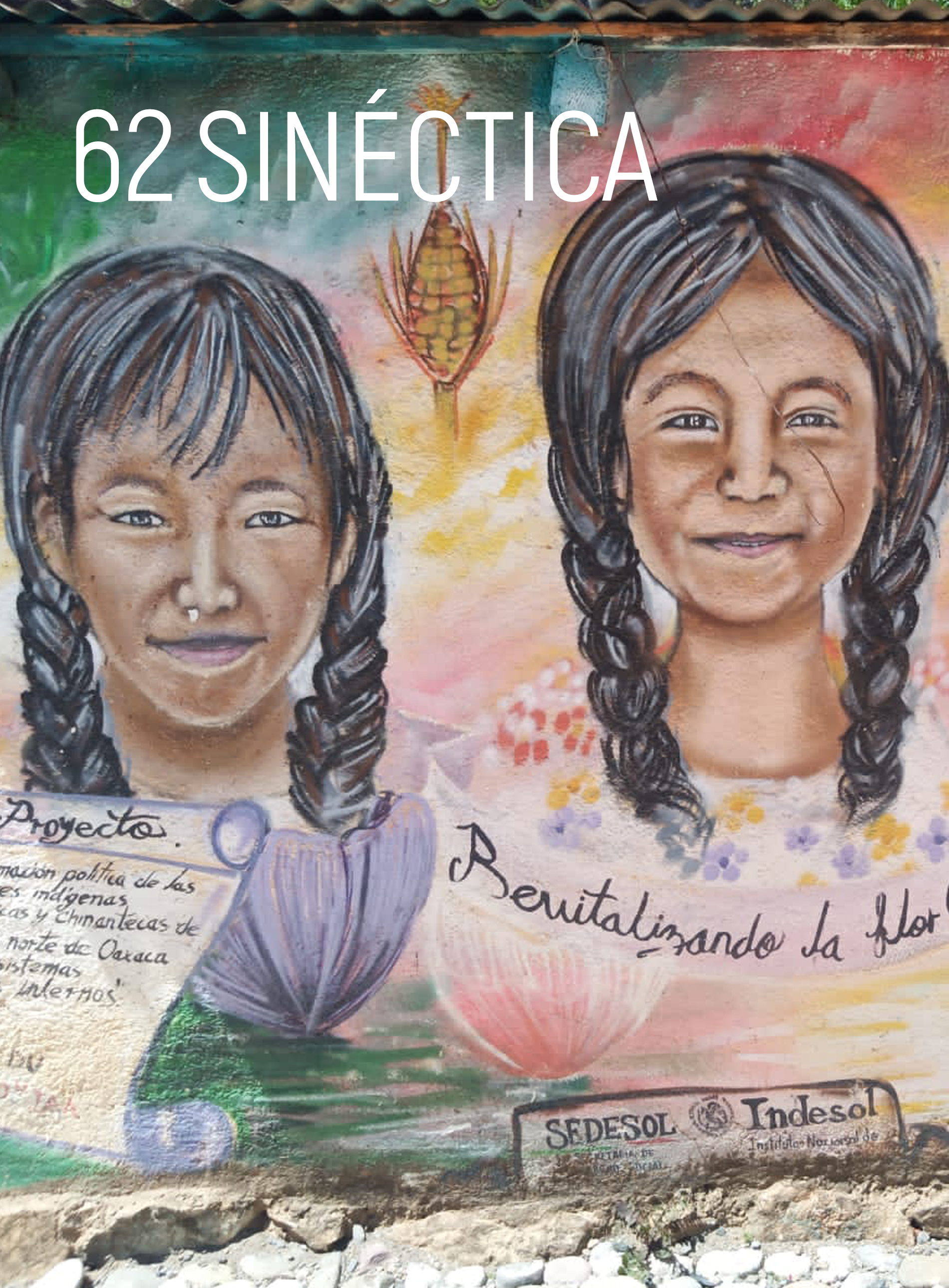Presentación
DOI:
https://doi.org/10.31391/S2007-7033(2024)0063/001Abstract
Aunque no sea posible llegar a un significado unívoco y consensual, la corriente de la educación popular latinoamericana puede definirse sintéticamente como una concepción pedagógica que vincula producción de conocimiento, formación, ética, y política. Representa un campo problemático que abarca una diversidad de prácticas educativas encaminadas a desarrollar el pensamiento crítico y deconstruir los discursos hegemónicos, promover la resistencia a los procesos de exclusión y subordinación (de clase, género, etnia) y la generación de espacios de articulación para promover acciones colectivas a favor de la justicia social y la democracia participativa en contextos socioculturales que caracterizan a América Latina (Jara, 2018; Jara y Goldar, 2022).
Downloads
References
Freire, P. (1973). Pedagogía del oprimido. Siglo XXI.
Freire, P. (1969). La educación como práctica de la libertad. Tierra Nueva.
GIPE (Grupo de Incidencia en Políticas Educativa del Consejo de Educación Popular de América Latina y el Caribe) (2023). Justicia educativa para personas jóvenes y adultas: desafíos para América Latina y el Caribe. CEAAL.
Jara, H. O. (2018). La educación popular latinoamericana: historia y claves éticas, políticas y pedagógicas. Alforja.
Jara H., Ó. y Goldar, M. R. (2022). Formación política desde la educación popular. En M. M. Palumbo et al. (coords.). Formación política en América Latina: reflexiones desde la educación popular y las pedagogías críticas (pp. 209-222). CLACSO.
Puiggrós, A. (2005). De Simón Rodríguez a Paulo Freire. Educación para la integración iberoamericana. Convenio Andrés Bello.
Puiggrós, A. (1998). La educación popular en América Latina: orígenes, polémicas. Miño y Dávila.
Walsh, C. (2017). Pedagogías decoloniales: prácticas insurgentes de resistir, (re)existir e (re)vivir. Abya-Yala (Pensamiento Decolonial).
Downloads
Published
Issue
Section
License
Copyright (c) 2024 Sinéctica

This work is licensed under a Creative Commons Attribution-NonCommercial 4.0 International License.
This work is licensed under a Creative Commons Attribution-NonCommercial 4.0 International license.
Authors who publish in Sinéctica agree to the following terms:
The authors retain copyright and grant the journal the right of first publication of the authorized work simultaneously under a Creative Commons Attribution License, which allows others to share the work as long as both the authorship of the work and the initial publication in this journal are acknowledged.
Authors may enter into additional separate contractual agreements for non-exclusive distribution of the published version of the journal (e.g., publishing in an institutional repository or a book), with acknowledgement of initial publication in this journal.
Authors are allowed to publish their work in institutional repositories or on their own website before and during the submission process, as it may generate productive exchanges, as well as earlier and greater citation of the published work.
Explanatory note: As of 2017 Sinéctica is governed by the Creative Commons Attribution Non-Commercial 3.0 International License, a version that standardizes licenses internationally.
Articles published between 1992 and 2016 are covered by a Creative Commons Attribution-NonCommercial-NoDerivatives 4.0 International license, which allows a work to be shared and distributed non-commercially and with acknowledgement of the author, but prohibits modification of the original creation.






















